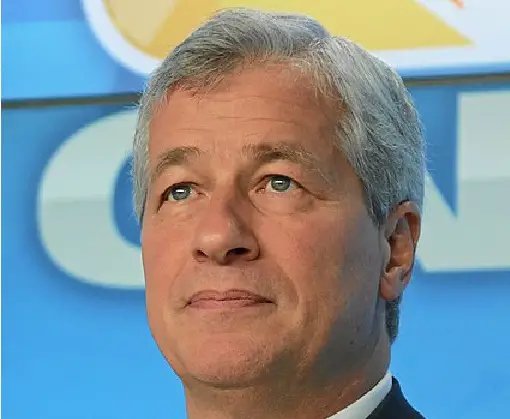JPMorgan Chase CEO Jamie Dimon told Nikkei in an interview that the world was primed for an economic storm, as inflation, monetary tightening, and the war in Ukraine have all fallen into place, and now we may see other “surprises” like the near collapse of UK pension funds.
Dimone made waves in June when he predicted an economic “hurricane” at a time when other Wall Street executives were more bullish on the economy.
In the interview he said, “The storm I was talking about, or the potential storm, includes inflation, higher rates, global tightening, quantitative tightening and the effect of the war on the global economy — particularly oil prices, food prices, supply chain issues, etc. Those things have all kind of happened. These are very serious issues we have had to deal with and we still don’t know what the outcome will be.”
He noted that in combating inflation, “the central banks came too late to the game,” because they thought inflation was only a temporary phenomenon. He predicted, “It looks like the United States will go to close to 5%” before taking a pause. He noted, that he hoped by that time, inflation was coming down.
However he noted there were other factors which could keep the Fed raising rates. “There are plentiful jobs. Wages are going up. Usually what happens is that the unemployment rate goes up a little bit, and the jobs are not as plentiful as before, and that reduces wage inflation. You haven’t quite seen that yet.”
He added that barring unforeseen effects of the Ukraine war, the economy was most likely heading into a “mild recession.”
Speaking of the near collapse of UK pension funds as Liz Truss’ mini-budget triggered volatility in the bond market which almost brought it down, he noted, “Everyone’s surprised about the U.K. pension plans. That’s what happens when you have quantitative tightening markets coming down. Hidden leverage appears, and there will be other examples of these surprises.”
Although he called the situation in the UK an “exception,” he noted there may be other similar circumstances in the future. He added, “It’s hard to tell from where, but if we make a guess it’s going to be from the credit markets.”
He noted he did not expect problems from the banking sector, however. He said, “Banks are, in general, in far better shape today” than they were during the 2008 banking crisis. He noted today banks are required to “hold two and a half times more equity” and “two or three times the liquidity,” so similar problems should not arise, and a failure of one bank should not spiral into failures of other banks.
Having led JP Morgan Chase since 2005, he is now one of the few remaining Wall Street executives to have led his institution through the 2008 financial crisis. So far, there is no clear successor to whom he would hand the reins. He noted, “The board a year ago asked me to stay for another five years,” and although he agreed, he noted he does not intend to stay on “forever.”
Photo of Jamie Dimon courtesy of Wikipedia

